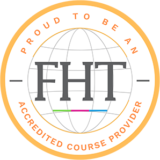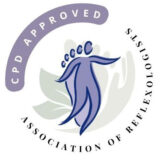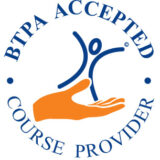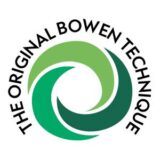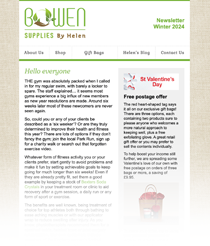This was first presented as a talk with slides at the Reflexology Association of Australia (RAA) national conference in Brisbane 1998. I am still asked to talk about it with updates as I am regularly in Australia. Having just returned from a visit to the outback, I felt inspired to write about it and share some of my history with you.
In the 1990s I lived in Australia and provided complementary therapies within the Royal Flying Doctor Service (RFDS) in outback Queensland. With the consent of the RFDS, I was supported by several matrons to set up clinics on days when the doctor was not on duty.
Families in the outback work incredibly hard in harsh and isolated conditions. Their stations stock mainly cattle although some also grow crops such as peanuts or sorghum. These stations are huge compared to British and European farms, the smallest being 400 sq km to the largest at 4,000 sq km. Families hire or employ stockmen, ringers, jackaroos and jillaroos, who are the different types of workers involved with the mustering of stock, branding, dipping, and mundane jobs involved to keep the business rolling. Most of the children in the outback have school of the air lessons at home, or board in towns for their schooling. Women work not only on their own chores, but ensure everyone is fed (sometimes with staff to help) and often help out with the cattle, too. Other services in the small towns keep these centres alive among them the council offices, the mines department, shops, banks, post office, bakery, pubs, hotels and motels, cafés, school, churches, garages, hospital, police and state emergency service volunteers (SES) who support the generations of families who live in and around them.
My husband was a miner for gold and semi-precious stones. We had several mining camps, a couple of which had no running water or electricity. I loved the life out on these mines, where we relied on water tanks, bores, kerosene lanterns, a gas refrigerator and a small generator for power. While it was hard work in the heat of the day, in the evening we could relax around an open fire and cook on the coals. I liked having a shower in a makeshift iron cubicle where the water bag was hung over a tree branch or slip into a cool rock pool for a swim and a bath!
The dirt roads throughout this area were often washed away in the wet season and for this reason and for any car breakdowns I always kept a tin of baked beans under my seat! I drove to four clinics every week covering about 1,000 kilometres and saw many people from babies to seniors and all the walks of life mentioned in this account.
At each clinic, I had appointments already booked as people came into town from quite a distance and would fit a visit into their schedule. I enjoyed meeting everyone from families to the professional relationships developed with the health care teams. I also visited stations where they would allow workers a break to see me and then after smoko or morning tea, they would resume their duties. I enjoyed providing relaxing treatments such as aromatherapy to reduce stress and anxiety, reflexology sessions for mild complaints such as headache and back ache and Bowen therapy for stockmen who had fallen from a horse as well as other injuries and muscle strains.
The title of my talk is special to me as the black cockatoo is a totem for some of the indigenous population in north Queensland and my husband and I were very honoured to have a nesting pair near one of our camps. The bird has a distinctive call, in particular at dusk and dawn when all other animals are on the move. We also had a resident kangaroo we called George, who would wake up visitors in the mornings with his munching of the green grass that was more abundant around our camp. As I journeyed to clinics in the early morning, I would have to be prepared for kangaroos to hop out into the road, such a contrast to rabbits and deer in the UK!
